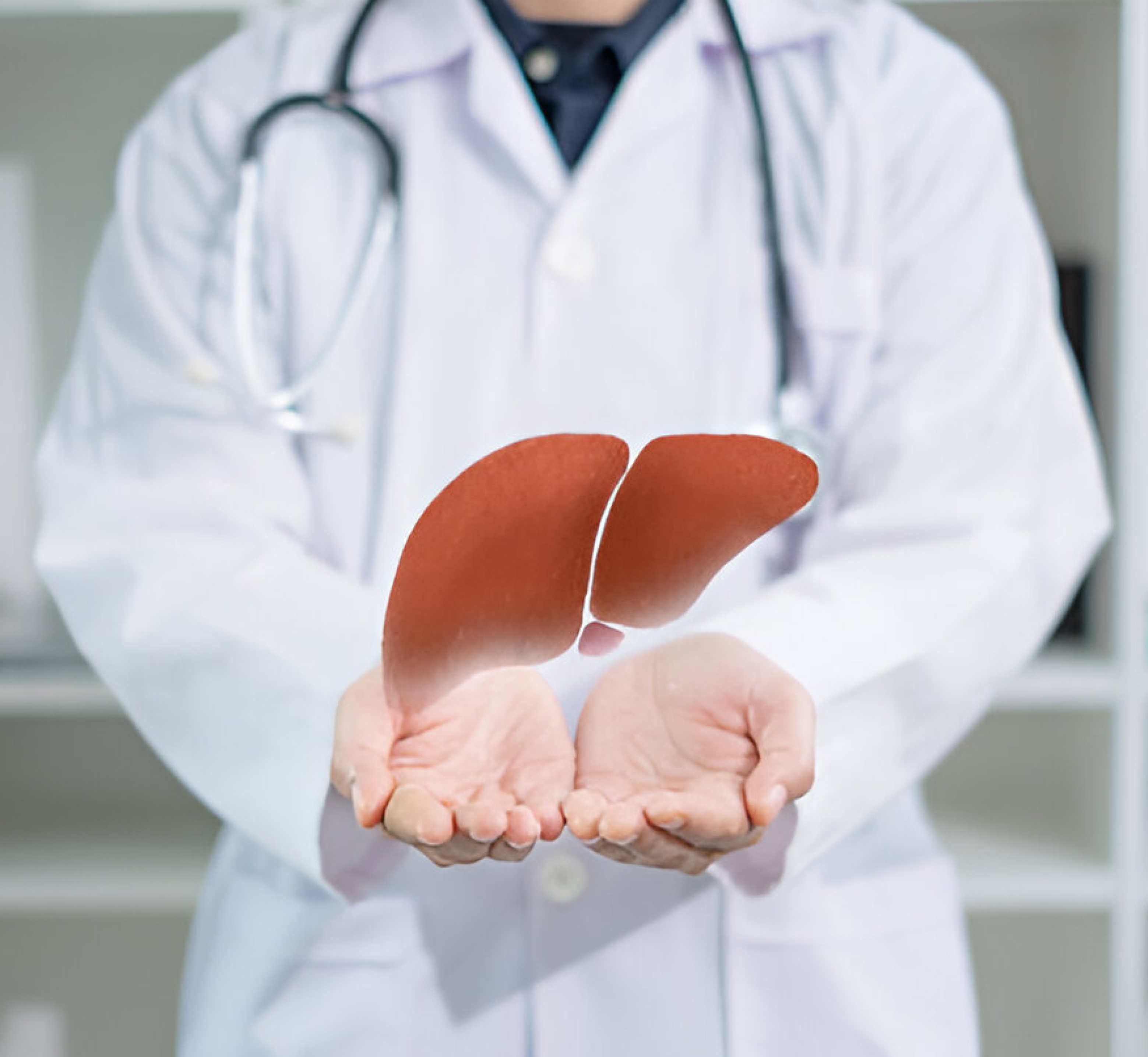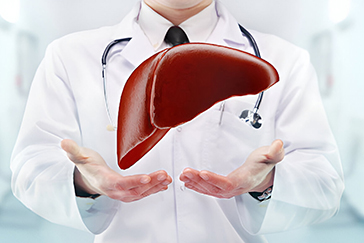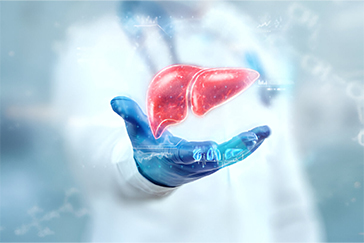 Book Appt.
Book Appt.
 Call Now
Call Now


Hepatocellular carcinoma is the most common form of liver cancer. Its an aggressive (fast-growing) cancer most common in people with advanced liver disease, like cirrhosis of the liver. Increasingly, people diagnosed with HCC have a liver condition that sometimes leads to cirrhosis called metabolic dysfunction-associated steatotic liver disease (MASLD).
In the beginning, hepatocellular carcinoma grows slowly. Surgery to remove the tumor or a liver transplant can treat HCC in its early stages. But most people dont learn they have it until its advanced and spreading more quickly. Eventually, it can lead to liver failure. At this point, HCC is challenging for providers to treat.
Symptoms and Causes
Symptoms
Tumors may not cause symptoms in the early stages. But as HCC progresses, you may notice:
Causes
Most people diagnosed with HCC have cirrhosis of the liver (approximately 80%), although some have a condition that can lead to cirrhosis of the liver. In some instances, the condition never progresses to cirrhosis, but people still develop HCC. With these conditions, unmanaged long-term liver inflammation can lead to severe scarring and, eventually, HCC.
Risk factors for HCC
Hepatitis B and C infections, metabolic dysfunction-associated steatotic liver disease (MASLD), and alcohol use disorder all enhance your chance of developing HCC. If you are in a high-risk group, your healthcare physician may recommend regular screenings to detect HCC early, while it is treatable. They can also assist you in lowering risk factors, such as quitting smoking or drinking. They can help you manage chronic disorders that put your health at danger, such as hepatitis infections and diabetes.
Diagnosis
Your healthcare professional will perform a physical examination. They will also inquire about your medical history, symptoms, and lifestyle. The following tests can help confirm a diagnosis:
Treatment
Treatment options include:
Prevention
There are several ways to lower your risk of developing HCC. You can do:
Conclusion
Hepatocellular carcinoma is a serious and often deadly form of liver cancer, most commonly occurring in individuals with chronic liver disease. Early detection through imaging and blood tests, combined with advances in treatment options, offers hope for improved outcomes. For those at risk, regular screening and managing underlying liver conditions are key to preventing HCC. As research into novel therapies and better diagnostic tools continues, the outlook for patients with hepatocellular carcinoma is expected to improve.
SHALBY Sanar International Hospitals provides extensive medical procedures backed up with our state-of-the-art technology and a team of highly qualified & experienced clinical experts.
Our doctors pen down their research findings and experiences from time to time. Their words provide deep insight into the latest techniques, technologies and other advancements in healthcare. It provides expert answers to all kinds of health questions for real-life issues.
VIEW ALL




Since the day of its foundation, SHALBY Sanar International Hospitals is committed to provide comprehensive healthcare services. It regularly organizes awareness programs in its premises and encourages outdoor healthcare activities and camps with an intent to put focus on preventive healthcare.
VIEW ALL